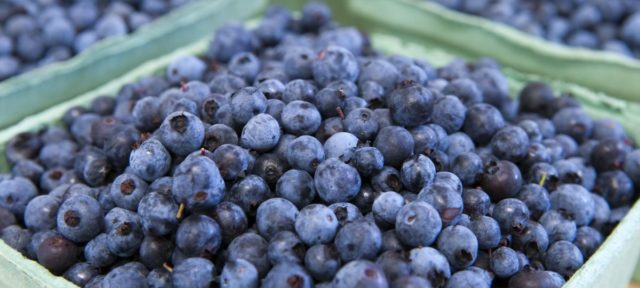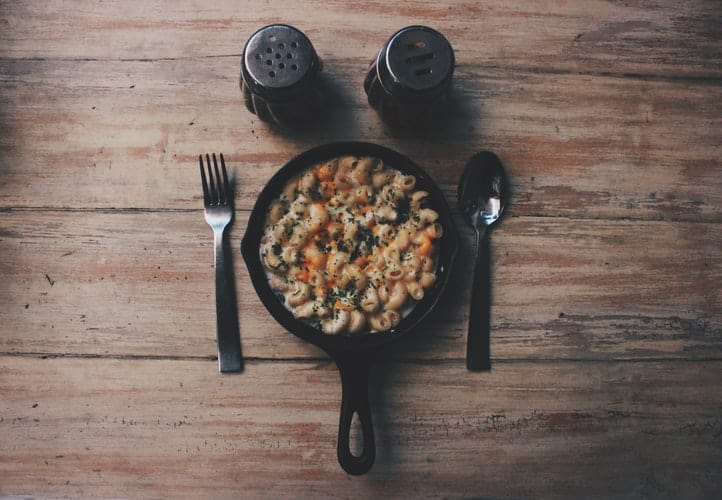The other day, I was browsing nutrition headlines when I came across a summary of some new research on exercise and fat loss, which concluded that “it is not possible to lose more than 1 kilogram of fat per month.” (A kilogram is just over 2 pounds).
Not possible to lose more than 2 pounds of fat per month? Most diets promise that you’ll lose that much every week!
This article is also available as a podcast. Click to listen.
Intrigued, I pulled up the actual study, which was published last month in the British Journal of Clinical Pharmacology, and read the whole thing. Weirdly, however, the study said absolutely nothing about the amount of fat that can be lost per month. The researchers were looking at the amount of fat that can be oxidized during a single exercise session.
So, I tracked down the researcher, Dr. Juan del Coso Garrigós, who lives and works in Madrid, Spain. He explained that his comment about it being impossible to lose more than 1 kilogram of fat per month in fact had nothing to do with his recent study. Apparently, it was taken out of context from a different part of the interview, which was also translated from Spanish. It just goes to show you how easy it is for bad information to get into widespread circulation.
As long as I had him, though, I took the opportunity to ask him more about his research. Dr. del Coso Garrigós explained that, when conditions are just right, well-trained athletes can burn about three-quarters of a gram of fat per minute during moderate intensity exercise. The rest of us seem to max out at about a half a gram of fat per minute or 30 g of fat per hour.
How Much Fat Can You Burn with Exercise?
At that rate, it’ll take most of us about 15 hours of moderate intensity exercise to burn a pound of body fat. Exercise for one hour a day, and you can hope to lose about 2 pounds (or about 1 kilogram) of fat per month. Exercise for longer than 60 minutes a day and you could hope to lose more. You can also get your body to oxidize fat by eating less, which forces your body to convert some of its fat stores into energy.
As Dr. del Coso Garrigós confirmed, it is theoretically possible to lose more than a kilogram of fat per month. That said, he and I both agree that losing more than a couple of pounds of body fat per month is both difficult and rare.
Of course, most diets promise that you’ll lose 8-10 pounds a month or more. And if you follow any of those diets faithfully, you probably will. But how much of that weight loss is actually fat loss? Probably no more than 25%. The rest is water and muscle tissue, which is the last thing you want to be losing. In fact, the faster you are losing weight, the smaller the percentage of actual fat loss is likely to be. And the harder it will be to sustain that weight loss over time.
I think the reason that a majority of dieters regain the weight that they’ve lost is that they lose weight too quickly. Instead of trying to lose 1-2 pounds a week, we should aim to lose 1-2 pounds a month. When we lose weight slowly, we preserve more muscle tissue and keep our metabolism from slowing down. We also are more likely to develop long-term habits and behaviors that will support long-term success. We avoid the yo-yo dieting cycle that sabotages both our health and our self-esteem.
Of course, when you’re losing weight very slowly, it’s hard to see the results on the scale, especially because your weight can fluctuate by several pounds from day to day without reflecting actual fat loss or gain. That’s why I recommend tracking your weight using a moving average, as described in my episode on Weight Fluctuation (#199).
How to Lose Two Pounds a Month
So, what would it take to lose 1 to 2 pounds a month? The good news is that it doesn’t require anything nearly as drastic or unpleasant as it takes to lose 2 pounds a week! Small changes in your daily routine will do the trick. You just need to be consistent and patient.
Here are some of my favorite slow weight loss strategies:
- Avoid eating in front of the television or computer.
- Cut back on alcoholic beverages
- Eat more vegetables and fewer starches.
- Use smaller dinner plates
- Decide what you’re going to eat ahead of time
- Drink water or tea instead of sweetened or artificially sweetened beverages
- After losing some weight, take a break before losing any more.
You don’t need to do all of these at once. Start with a couple that seem easy and one that seems like a bit more of a challenge. Add more as you get the hang of it.
Don’t think of it as dieting. Think of it as right-sizing. And, please, let me know how it’s going.
This article was originally published at QuickandDirtyTips.com


